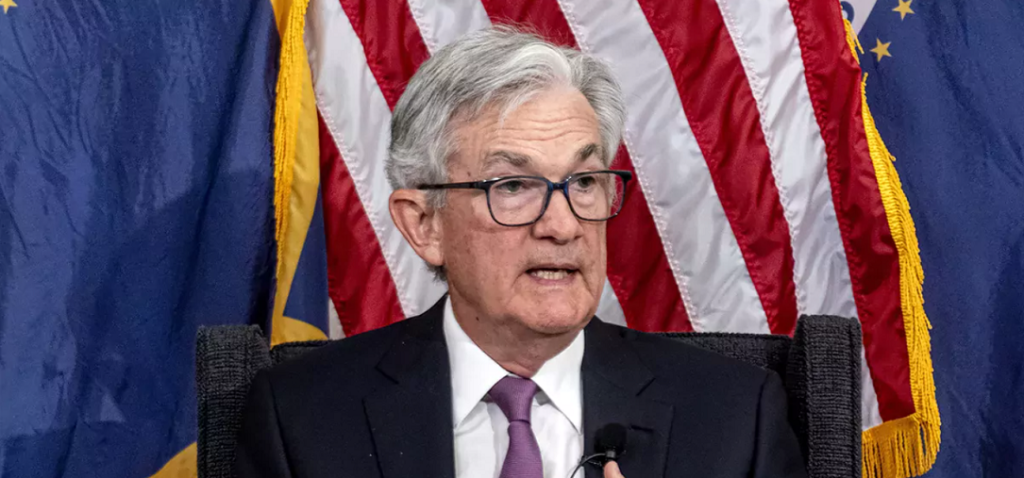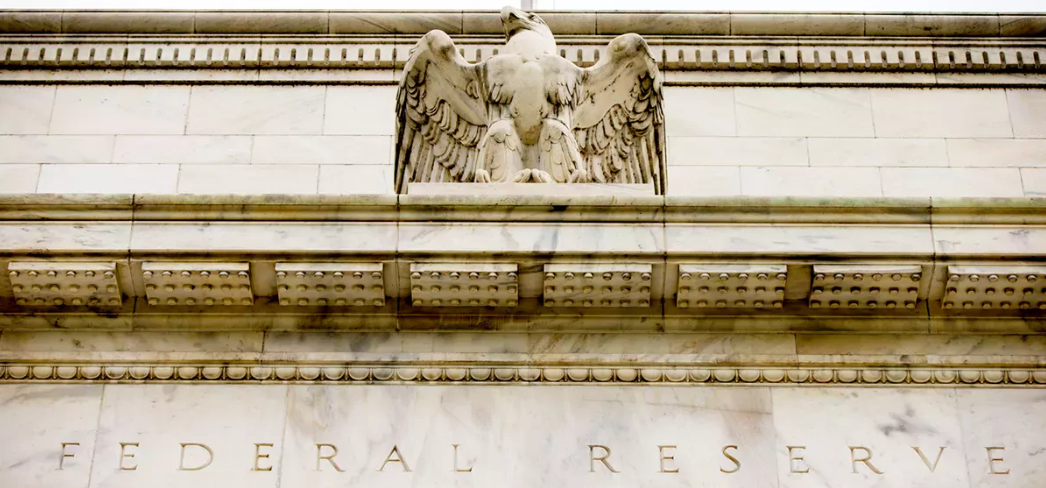
François Christen
Chief Economist
But his New York colleague John Williams and European central bankers appear less conciliatory.
Original article published in French on agefi.com

It’s Christmas before time for investors, who have decided to celebrate the interest rate cuts on the horizon. Unsurprisingly, the FOMC has left the Fed funds rate unchanged at 5.25% to 5.5% (the target range set at the end of July). The press release includes a slight “bias” towards more rigor, but this point was completely ignored in favor of the Fed Chairman’s statements and the economic forecasts unveiled at the end of the meeting.
The “Summary of Economic Projections” points to a faster than previously expected decline in inflation in 2023, despite more robust growth. Growth prospects for 2024 and 2025 are virtually unchanged, but the FOMC is forecasting a slightly faster disinflation. Observers have, however, focused their attention on the Fed funds rate forecast, which is expected to be 4.6% at the end of 2024 (versus 5.1% in September), 3.9% at the end of 2025 and 2.5% over the long term, if we refer to the median of predictions. The dot plot, however, shows diverging views, ranging from an unchanged rate of 5.4% to a lowered rate of 3.9% next year!
Extending the phase of exuberance that began in early November, Wall Street celebrated Jerome Powell’s friendly words at the press conference. By asserting that a further rise in interest rates was unlikely, and by referring to the risks inherent in a policy that would remain too restrictive for too long, the central banker validated the hope of a “pivot” that is fueling the fall in bond yields, the rebound in stock market indices and the compression in credit spreads.
However, investor enthusiasm seems overdone. The inflation figures published last Tuesday were satisfactory, but no more than that. Excluding energy and food, consumer price inflation of 0.3% month-on-month and 4.0% year-on-year remained above target. The stronger than expected rise in retail sales (0.3% monthly, 4.1% year-on-year) suggests that consumers have not given up, and that it would be risky to bet on a rapid reversal in monetary policy. In keeping with this logic, New York Fed President John Williams tried, without much success, to dampen the hopes raised by Jerome Powell and the projections unveiled on Wednesday. All in all, the week ended with a sharp fall in dollar yields. The 10-year T-Note fell to 3.9% after peaking above 5% at the end of October.
In Europe, the ECB, the Bank of England and the Swiss National Bank maintained the status quo, in line with expectations. Unlike the Fed, the European central banks did not give any signs of a quick turnaround. The ECB Governing Council “did not discuss rate cuts at all”, and the ECB’s inflation forecasts are not compatible with the easing investors are expecting next Spring. In the UK, three of the nine members of the Monetary Policy Committee were in favor of raising the base interest rate, but a majority of six tipped the balance in favor of the status quo. The SNB may be conciliatory in view of the good inflation performance, but it seems in no hurry to act in an environment where “uncertainty remains high”. However, yields in euros, sterling and francs continued to fall in the footsteps of the USA. Excessively rapid, this decline is poorly supported by recent macroeconomic developments and the prudence displayed by monetary authorities.










